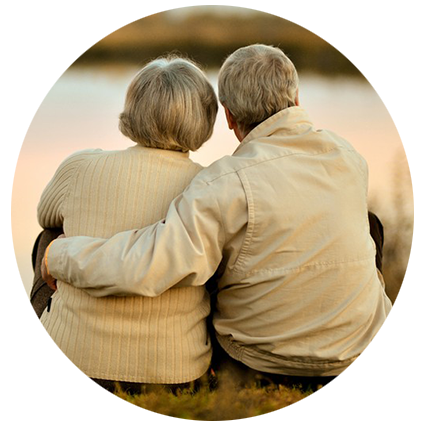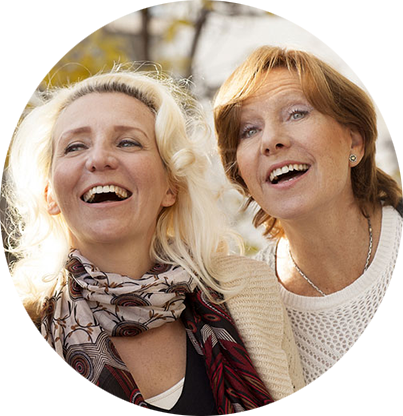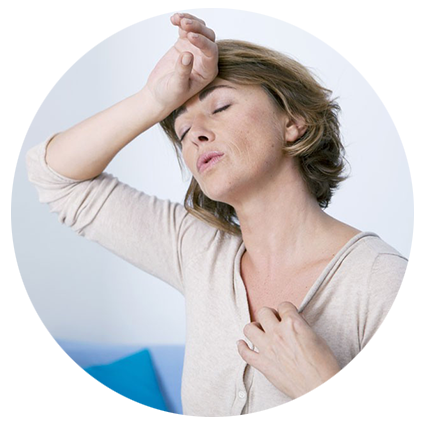The Story of Homeopathy
What is it?
This is how the Society of Homeopaths explains homeopathy:
Homeopathy is a system of medicine which involves treating the individual with highly diluted substances given mainly in tablet form, with the aim of triggering the body’s natural system of healing.
Based on their specific symptoms, a homeopath will match the most appropriate medicine to each patient.
Homeopathy is based on the principle that you can treat ‘like with like’, that is, a substance which causes symptoms when taken in large doses, can be used in small amounts to treat similar symptoms. For example, drinking too much coffee can cause sleeplessness and agitation, so according to this principle, when made into a homeopathic medicine, it could be used to treat people with these symptoms. This concept is sometimes used in conventional medicine, for example, the stimulant Ritalin is used to treat patients with ADHD, or small doses of allergens such as pollen are sometimes used to de-sensitise allergic patients.
Homeopathic medicines (which homeopaths call remedies) are prepared by specialist pharmacies using a careful process of dilution and succussion (a specific form of vigorous shaking).
How does it work?
As yet, science has not been able to explain the mechanism of action of ultra high dilutions in the body, but laboratory experiments have demonstrated that homeopathically prepared substances can cause biological effects and are distinct from ‘pure water’, as some sceptics have suggested. There is also a growing body of research into homeopathy in practice that supports the suggestion that homeopathy can be effective, cost-effective and safe as a treatment option.
There is also a growing body of research evidence that homeopathic medicines have clinical effects. The ‘Research’ section of the Society’s website provides essential information about all aspects of research in homeopathy.
Homeopathy in the 21st century

In the UK 15% of the population trust homeopathy. The NHS spends approximately £4 million a year on homeopathy. The three NHS homeopathic hospitals have been part of the NHS since it began in 1948.
100 million European citizens use over-the-counter or prescribed homeopathic medicines. 90% of homeopathic products are consumed by France, Germany, Netherlands, Spain, Belgium, UK and Poland. Relative to population, France and Germany have the highest consumption – 59%.
Over 200 million people use homeopathy worldwide.

Over 60s
Homeopath for over 60s
There’s always a lot to talk about with someone over 60. What distinguishes this age group from younger ones is the fact that most people in this age bracket are living with at least one chronic condition.

Women
Homeopathy for Women
I love treating women’s problems with homeopathic remedies because I know they will instantly understand my approach to prescribing.

Men
Homeopathy for Men
Men are reluctant to get help for their health problems. Even though a man’s average life expectancy is six years less than a woman’s, they often delay seeking help until their situation has become serious or can no longer be ignored.

Children
Homeopathy for Children
When most children fall ill, they tend to produce strong symptoms which make homeopathic prescribing relatively easy.

Teenagers
Homeopath for Teenagers
The transition from childhood to adulthood involves many changes and a change is always stressful to some degree.

Pregnancy
Homeopathy for Pregnancy
The gentle, non-invasive, healing approach offered by homeopathy suits many pregnant women. I am frequently consulted by women who cannot or do not want to take a chemical drug whilst pregnant.

Menopause
Homeopathy for Menopause
A transition such as the menopause is always stressful to some degree as it involves physical and emotional changes which need adapting to.
